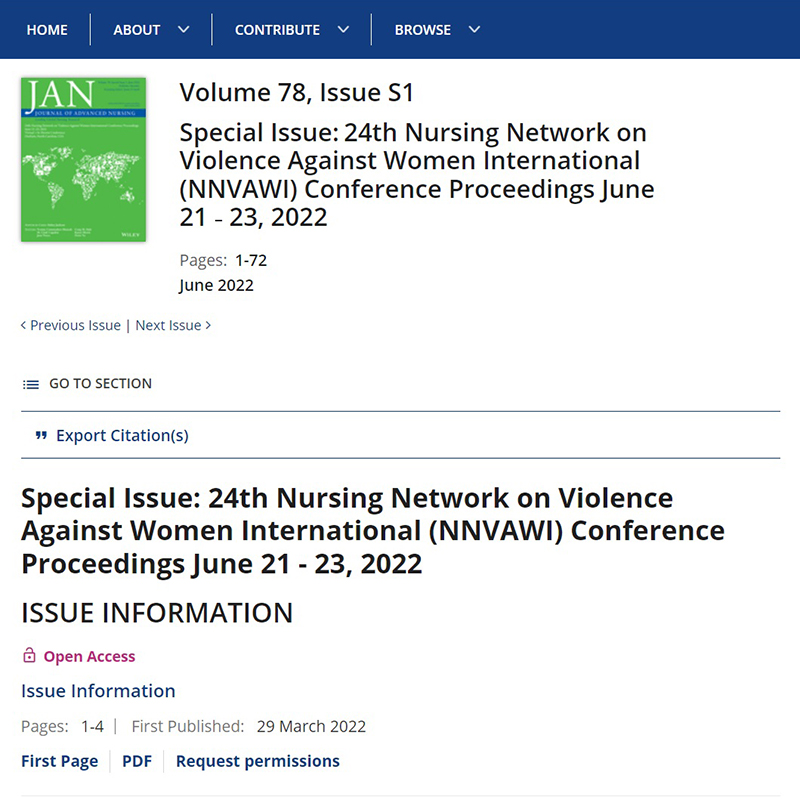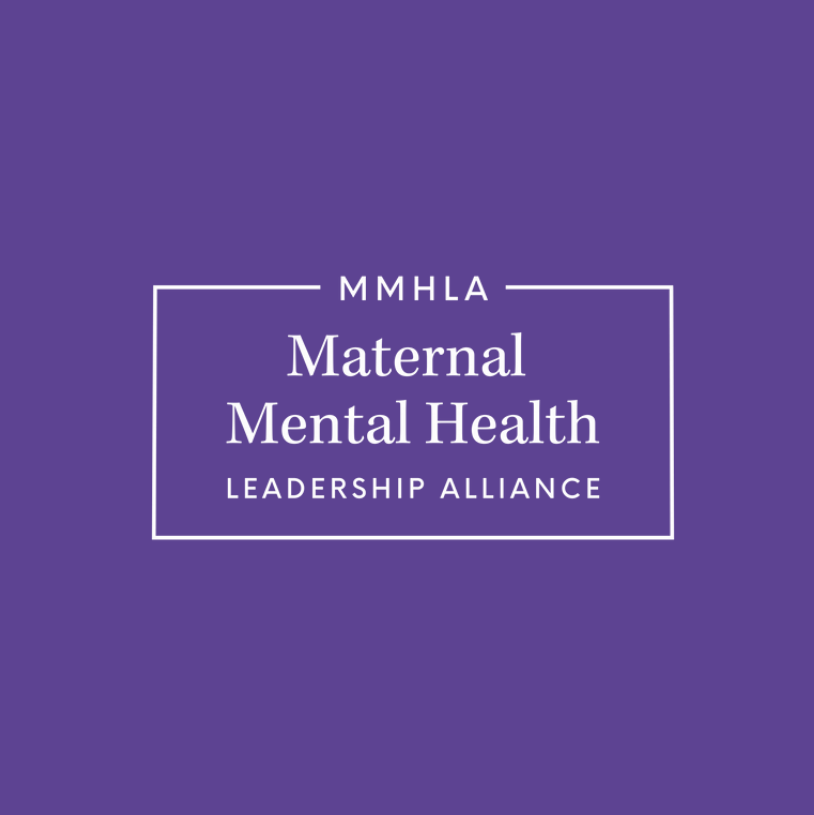Our Research
The Institute of Reproductive Grief Care® is at the forefront of creating impartial and impactful research to understand the way individuals process reproductive losses, and to establish global standards for offering compassionate care. Contact us for more information on the Institute’s research.
Scroll over images for details.

“There’s no time limit on grief:” Women’s perspectives on a novel reproductive grief screening tool.
Jennifer J. Bute, Maria Brann, Cara Buskmiller, Michaelene Fredenburg
Women who have experienced reproductive loss (i.e., miscarriage, stillbirth, abortion) evaluated the usefulness of a novel screening tool, Reproductive Grief Screen (RGS), to identify patients struggling with ongoing, complicated grief.

Validation of a Brief Measure for Complicated Grief Specific to Reproductive Loss.
Cara Buskmiller • Kathryn R. Grauerholz • Jennifer Bute • Maria Brann • Michaelene Fredenburg • Jerrie S. Refuerzo
Complicated grief reactions follow some pregnancy outcomes, like miscarriage, stillbirth, neonatal death, infant death, selective reduction, or termination of pregnancy. Stigma can delay treatment and worsen outcomes. Screening tools such as the Edinburgh Postnatal Depression Scale detect complicated grief poorly, and specific tools for prolonged or complicated grief after a reproductive loss are cumbersome.

The Trauma of Perinatal Loss: A Scoping Review. S. Berry, the lead researcher on this study, is a member of the Institute’s Healthcare Task Force.
Perinatal loss, the loss of a fetus or neonate between conception and 28 days after birth, is a worldwide phenomenon impacting millions of individuals annually. Whether due to miscarriage, stillbirth, life-limiting fetal diagnoses, or neonatal death, up to 60% of bereaved parents exhibit symptoms of depression, anxiety, and posttraumatic stress disorder. Despite the high prevalence of posttraumatic stress symptoms, perinatal loss is not framed using a trauma lens. The purpose of this scoping review is to gain insight into the trauma within the perinatal loss experience.

Held and Heartfelt: Compounded Grief in Healthcare Professionals’ Experiences of Pregnancy Loss. Narrative Inquiry in Bioethics 12(3), 221-226. 2022
The loss of a pregnancy can be an emotionally traumatic experience and the support or lack of support from professional care providers and systematic barriers within healthcare organizations impacts the grieving trajectory. Nearly half of the Narrative Inquiry in Bioethics story authors in this symposium indicated that they were healthcare professionals, which, to their surprise, did not buffer the shock and emotional trauma of the loss. For this subset of authors, reflections on the assets and…

Tasked for Compassion: Initiating Reproductive Grief Care in the Neonatal Intensive Care Unit.
The experience of parenting a premature or ill infant in the neonatal intensive care unit (NICU) can be overwhelming and traumatic. Parents who have previously endured a reproductive loss may find that an accumulation of escalating distress related to nurturing a neonate while receiving care in intensive care compounded with lingering grief from a prior perinatal loss can overwhelm their capability to cope. The ambiguous nature of perinatal loss and societal disenfranchisement of the grief often results in a prolonged or complicated bereavement trajectory which can inhibit bonding, mental health, and physical wellness...

Promoting a healing trajectory: Providing reproductive bereavement care for the sexually exploited, 2022 The Institute's presentation at the 24th Nursing Network on Violence Against Women International (NNVAWI) Conference Proceedings
Roughly ninety per cent of exploited or enslaved individuals are trafficked into the sex industry, increasing the risk for unintended pregnancy, sexually transmitted infections and pelvic inflammatory infections which can increase risk for pregnancy loss and infertility. Incomplete miscarriages and abortions are common reasons for sexually exploited victims to seek healthcare...

Uncovering Prolonged Grief Reactions Subsequent to a Reproductive Loss: Implications for the Primary Care Provider.
Kathryn R. Grauerholz, Shandeigh N. Berry, Rebecca M. Capuano, Jillian M.
There is a paucity of clinical guidelines for the routine assessment of maladaptive reproductive grief reactions in outpatient primary care and OB-GYN settings in the United States. Because of the disenfranchised nature of perinatal grief reactions, many clinicians may be apt to miss or dismiss a grief reaction that was not identified in the perinatal period. A significant number of those experiencing a reproductive loss exhibit signs of anxiety, depression, or post-traumatic stress disorder....

Tackling burnout, exhaustion and compassion fatigue: A collection of research 2020.
Our team spent months gathering the latest and most impactful research on preventing burnout, exhaustion, and compassion fatigue, especially as it affects perinatal and palliative healthcare, to create this study that analyzes this body of work. Fostering Vicarious Resilience for Perinatal Palliative Care Professionals is vital for any caregiver, supervisor, or healthcare professional concerned with burnout, exhaustion, and compassion fatigue...

Reproductive grief care: Giving permission to grieve, Information on Reproductive Grief Care as presented in the Sigma Repository, which shares research and work created by nurses globally..
Couples experiencing a reproductive loss often silently mourn without the support necessary to make sense of their loss. This course will help nurses to recognize reproductive loss, grief reactions, and help patients to actualize the loss, validate the grief, and begin to cope with their loss...

Perinatal Loss and Maternal Mental Health.
1 in 5 Mothers are Impacted by Mental Health Conditions.
Maternal mental health (MMH) conditions are the MOST COMMON complication of pregnancy and birth, affecting 800,000 families each year in the U.S.
